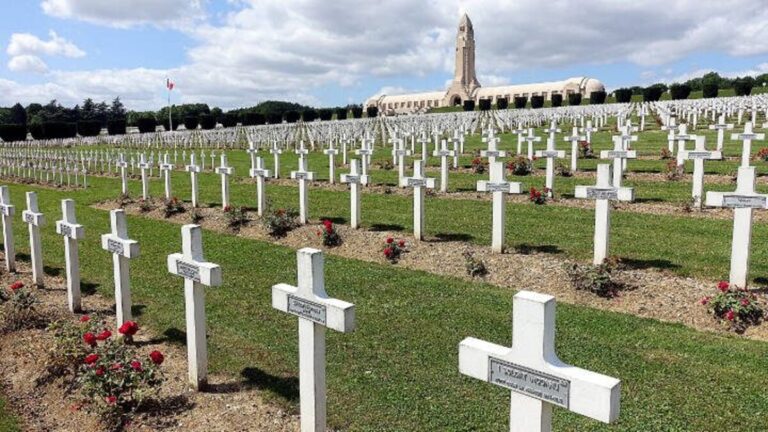Wellington, Sydney (6/10 – 33)
Nearly a month after suffering brutal humiliation by host country France, New Zealand has barged through to the 2023 Rugby World Cup quarter-finals. France is supposed to be a polite, cultured society, but on 8 September they whacked the All Blacks 27-13. Sacré bleu!
In that distant past, an ugly performance with questionable strategy and ill-disciplined plays made New Zealand an unlikely choice of becoming the first country in line to win the Rugby World Cup four times. All the rugby world was amazed as the All Blacks boomeranged back in style, picking themselves up and scoring three straight wins. They annihilated Namibia 71-3, Italy 96-17, and Uruguay 73-0.
The All Blacks have fought their way into the 2023 Rugby World Cup quarter-finals with the win over Uruguay in their final pool match on Thursday. Get out of the way as New Zealand faces off with Ireland in the last 8 next Saturday. Well, maybe anyway. After the embarrassing defeat in the opening match, New Zealand’s head coach Foster wouldn’t shut up, adamantly declaring that his team still had a chance to win the Webb Ellis Cup.
All the self-appointed experts smiled and wiggled their eyebrows, but damned if Foster didn’t prove his word, now that New Zealand stand there with a knock-out round ticket in their hand. They might even follow in the footsteps of South Africa in the 2019 Rugby World Cup: in the first Pool B match the Springboks lost 13-23 to the All Blacks.
So what happened? They roared back into life and went on to win the World Cup that year. Just to smear the naysayers, South Africa became the first team in history to lose a pool match and then go on to win a final.
Ireland, the would-be opponent for the All Blacks in the quarter-final, will have good cause for unease: once the All Blacks are in their knock-out phase, only once in history did the Kiwis not triumph through to the semifinals: an 18-20 defeat to France in 2007 was the only time New Zealand failed in the quarter-finals of the Rugby World Cup. Not only backed up by history, the All Blacks have also upped their game now, compared to their first match.
The 73-0 first-degree murder of Uruguay signifies that the All Blacks have scored 36 tries and 240 points in three matches, since that loss to France. As of 5 October, New Zealand have scored the most points (253), have the biggest points differential (+206), and have scored the most tries (38) and conversions (30) in the tournament. From a place you have a hard time finding on the map! Foster said he was looking forward to a massive quarterfinal, either against the world number one Ireland, the defending champion South Africa, or the fifth-ranked team in the world Scotland.
“Nothing’s going to surprise us now and we’re going to be ready for whoever it is,” Foster said. “I think we’ve responded well from the first game, we took lots of lessons out of that. (That’s a nice way to put it, Coach.) We’ve dealt with each challenge we’ve had. I believe we’ve grown our game to the point of going to this quarterfinal really well prepared and feeling whatever happens, whoever we play, it’s going to be a massive game and that’s what the quarterfinals are supposed to be like.”
Nevertheless, dark clouds streak the horizon, ahead of the quarter-final: New Zealand star Tyrel Lomax has cracked or torn something else, in the match against Uruguay – after an obligatory month-long absence after sustaining a knee injury.
Thursday’s match against Uruguay was meant to get him back into top shape for the quarterfinals. Foster tried to downplay that situation and was confident that Lomax would be fit for the last 8, “It looks like a small strain, we won’t know for another 24 hours – but he was looking OK.”







